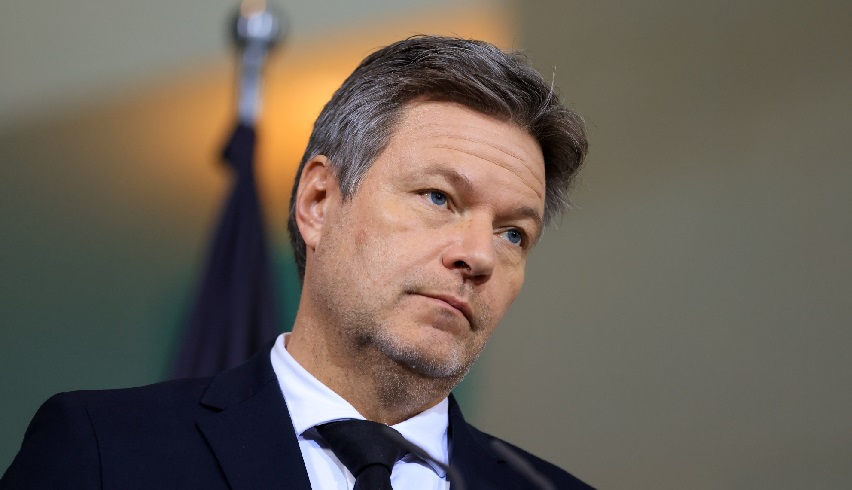The German government is seeking to intervene in the problems of the Volkswagen automotive group, as the warnings issued by the manufacturer about possible plant closures in the country require government intervention, according to Economy Minister Robert Habeck, who announced this on Tuesday.
Habeck stated that measures must be taken to ensure that Germany remains a major car producer and a competitive country internationally.
The minister indicated that he made the decision to intervene after close consultations with partners.
“Everyone involved must fulfil their responsibility towards the employees of the plants,” said Habeck.
It is worth noting that Volkswagen reported on Monday that the company could no longer rule out compulsory redundancies and plant closures as part of significant austerity plans aimed at turning around its own brand, which is part of its “Brand Group Core.”
The automaker has never closed a plant in Germany and has not closed a factory anywhere in the world since 1988.
This is why Volkswagen’s union leaders have reacted with indignation to Monday’s announcement and have vowed to fight strongly against any plant closures or redundancies.
On the other hand, the Minister acknowledged that car manufacturers face enormous challenges in their transition to electric vehicles and in trying to keep foreign rivals at bay, referring to vehicles imported from Asia.
Habeck stated that German car manufacturers must keep pace with this competition and described the automotive industry as a cornerstone of Germany’s economy, which “must remain so.”
In his address, he also said that the leading car manufacturers and their suppliers are major employers for tens of thousands of workers in Germany, describing them as “engines of prosperity” across the country and “important forces for innovation.”
Furthermore, in addition to referencing the German government’s efforts to boost demand for electric vehicles for company fleets, Habeck argued that long-term planning reliability is crucial to keeping German car production plants competitive.
The European Union (EU) rules require that only CO2-neutral vehicles can be registered from 2035 onwards, something that Habeck said will allow car manufacturers to make long-term plans.
The EU’s de facto ban on new cars with internal combustion engines has been heavily criticised by the sector in Europe.
Moreover, in Germany, sales of electric vehicles have recently plummeted after the subsidies granted by the German government to private buyers expired.







